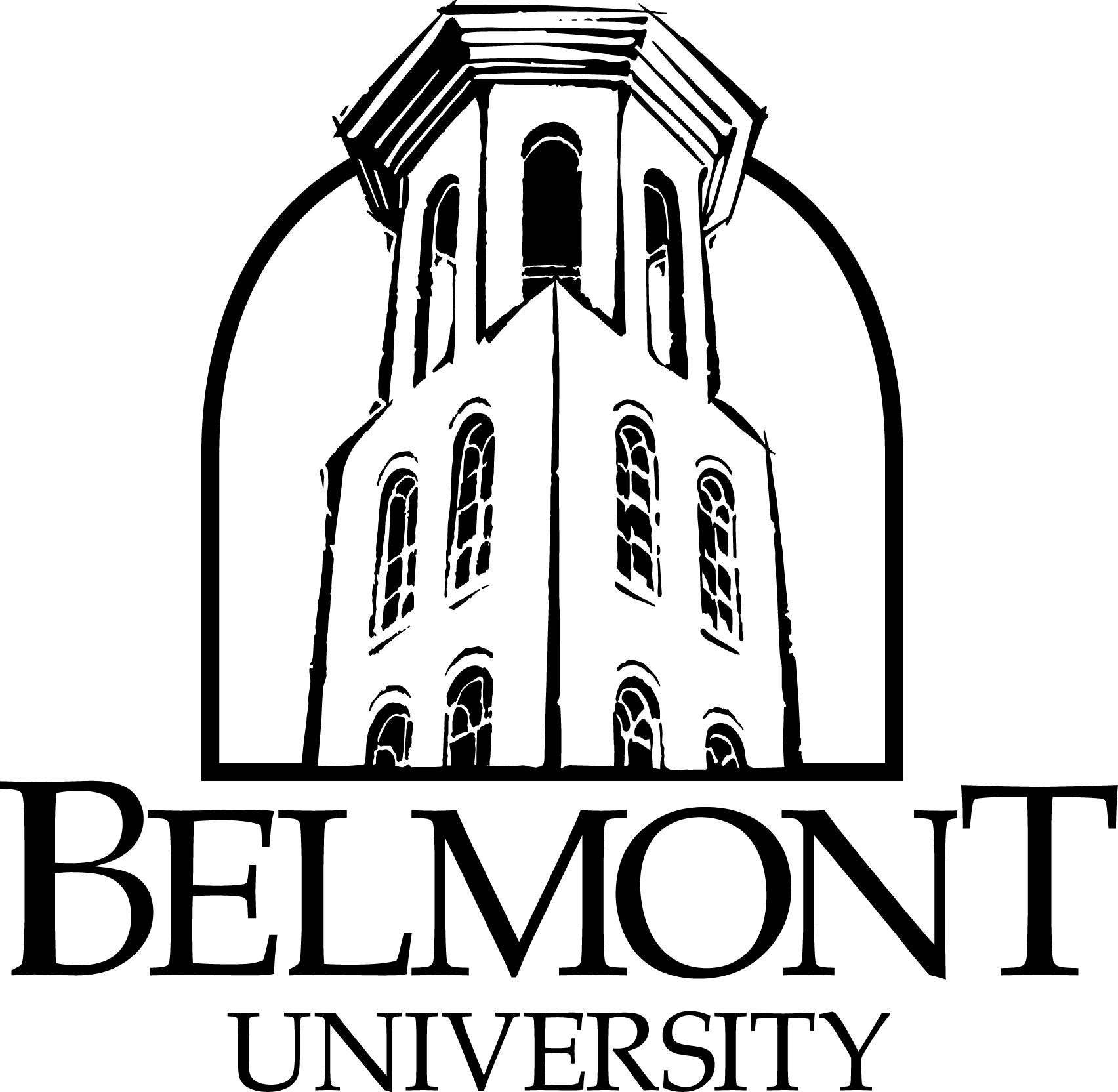By: Gavin Dwyer, Senior Editor
In the last half decade, California positioned itself as the frontrunner of student-athlete advocacy. In September 2019, Governor Gavin Newsom signed S.B. 106: “Fair Pay to Play Act,” which created a legal right for student-athletes to monetize their name, image, and likeness, also known as NIL rights. This bill preceded the decision in NCAA v. Alston and the NCAA decision to end the NIL restrictions nationwide, by almost two full years.
In the meantime, California continues to push forward on the cutting edge of protecting student athletes. In December 2022, the Los Angeles regional head of the National Labor Relations Board (“NLRB”) sided with University of Southern California (“USC”) student-athletes concluding they have been unlawfully classified as mere student athletes and denied employee rights and benefits. This ruling echoed a 2021 memo sent out by the NLRB’s general counsel that stated the NLRB would support claims brought by student athlete’s challenging their status as non-employees.
This monumental step toward further student-athlete compensation remains in its infancy stage. The parties have two options from here: they can either settle with the student athletes or the NLRB regional director will prosecute the student-athletes’ claim before an administrative law judge. USC appears ready to take the latter approach. The school released a statement alluding to this and said, “We look forward to presenting those facts, along with 75 years of favorable legal precedent”. As seen in the Alston opinion, the 75 years of precedent may be favorable, but the Court does not believe that precedent is entitled to deferential treatment any longer.
California has not rested on their laurels. Instead, the state introduced a bill in its State Assembly titled the “College Athlete Protection Act” (“AB252”). This bill may potentially prove to be the biggest shift in the collegiate athletics landscape yet. AB252 requires universities to share profits with student athletes in football, men’s basketball, and women’s basketball. At least a portion of this payment is related to graduation requirements from the university. However, the optimism around this bill needs to be tempered, as a similar bill died after being introduced in the California State Senate last year.
California’s current onslaught against the NCAA monopolistic practices has the potential to dwarf the impact that NIL had on the college athletic landscape. At this stage, profit sharing amongst student athletes remains a pipe dream. However, the battle over employee status will occur soon. The outcome of such battle has the potential to drastically change the NCAA as currently constructed.
California continues to push the envelope to alter over a century worth of NCAA practices and afford their student-athletes with more protections and compensation. A ruling recognizing student-athletes as employees of the NCAA and PAC-12 affects every student-athlete, unlike NIL that most student-athletes will not meaningfully profit from. A favorable ruling will dramatically alter the entire NCAA model in a way that will dwarf the NIL ruling.
Sources:
https://www.si.com/college/2019/09/30/fair-pay-to-play-act-law-ncaa-california-pac-12
